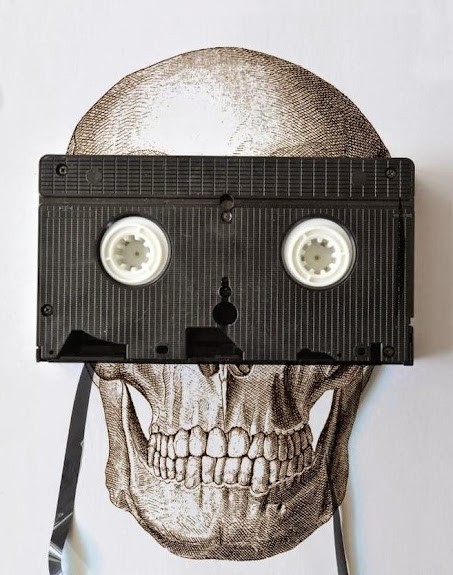Bert Almon praises the concept behind Michael Lista's new collection:
Dante, one of the poets Lista alludes to frequently in The Scarborough, tried to represent the Devil at the end of Inferno; the description is powerful but falls short somehow, just as attempts to take us into Hitler’s mind are always problematic. Instead of depicting Bernardo, Lista focuses on a single weekend in 1992, Easter weekend—the days marking death and resurrection—when fifteen-year-old Kristen French was abducted. The point of view stays close to Lista himself, who, age nine at the time, experienced the anxiety that pervaded Scarborough, an atmosphere of terror he evokes very well. Events in suburban life resonate strangely with the tragedy performed offstage, and allusions to pop culture (like the R.E.M. song, “Superman,” played by Bernardo during the rape and murder) and folk culture (fairy tales are full of grisly murders) are functional rather than decorative. Lista gives his poems two pillars to hold up the diverse structure: the story of Dante and Beatrice and the story of Orpheus and Eurydice. Yet in The Scarborough, we know that Eurydice is not brought back from the dead, and Beatrice is not enthroned in heaven but rather buried in the woods. Lista’s ability to make every detail significant shows mastery. The allusions to voyeurism are especially chilling when the murderer is also a stalker—and the poet knows that the artist is a kind of voyeur as well.Lista's struggle with his own voyeurism seems to excite Jonathan Ball most about The Scarborough, a book he calls "a significant achievement":
When Lista turns his gaze away from French, only to turn towards this turning away, the poems draw their blood. They are part of a sadistic project. The project’s sadism lays bare the reader’s sadistic interest, and the media’s exploitation. Lista plays a dangerous game by picking this subject, but he knows the game, and knows its danger. When the poems stop being about what they are supposed to be about, and instead become about Lista’s hatred of himself for being powerless to help French, and for wanting to write poems about her, the book bleeds.




